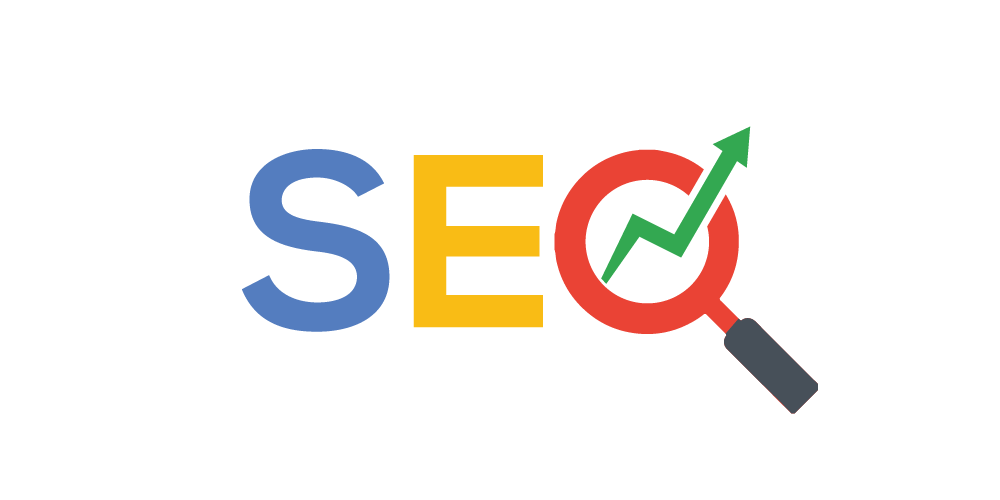The Definitive Guide for Linkdaddy
The Definitive Guide for Linkdaddy
Blog Article
9 Simple Techniques For Linkdaddy
Table of Contents10 Easy Facts About Linkdaddy ShownLittle Known Facts About Linkdaddy.What Does Linkdaddy Mean?Getting My Linkdaddy To WorkThe smart Trick of Linkdaddy That Nobody is Talking About
In December 2019, Google started upgrading the User-Agent string of their crawler to mirror the current Chrome variation used by their making service. The delay was to allow webmasters time to upgrade their code that replied to certain bot User-Agent strings. Google ran analyses and felt great the influence would be small.The robots.txt data is then analyzed and will instruct the robot as to which web pages are not to be crept.

Page style makes users rely on a site and want to remain as soon as they find it. When individuals jump off a site, it counts against the site and influences its reputation.
Linkdaddy Fundamentals Explained

White hat SEO is not just about adhering to standards yet is regarding making sure that the web content a search engine indexes and subsequently places is the same material a user will see., or located off-screen.
The 3-Minute Rule for Linkdaddy
This remains in between the black hat and white hat techniques, where the approaches utilized stay clear of the website being punished yet do not act in generating the very best web content for users. Continue Grey hat search engine optimization is completely concentrated on improving search engine rankings. Browse engines might penalize sites they uncover making use of black or grey hat techniques, either by lowering their positions or eliminating their listings from their databases altogether.
Its distinction from search engine optimization is most simply portrayed as the distinction between paid and unsettled concern ranking in search engine result. SEM concentrates on importance more so than significance; website developers ought to relate to SEM with miraculous importance with factor to consider to presence as the majority of navigate to the main listings of their search.
Search engines are not paid for natural search web traffic, their algorithms transform, and there are no warranties of ongoing recommendations. Due to this lack of guarantee and unpredictability, an organization that depends heavily on search engine website traffic can click resources experience major losses if the search engines quit sending out site visitors.
The 9-Minute Rule for Linkdaddy
The search engines' market shares vary from market to market, as does competitors. In markets outside the United States, Google's share is frequently bigger, and Google remains the leading search engine worldwide as of 2007. As of 2006, Google had an 8590% market share in Germany.
Since June 2008, the market share of Google in the UK was close to 90% according to Hitwise. That market share is accomplished in a variety of countries. As of 2009, there are just a few big markets where Google is not the leading search engine. In many cases, when Google is not leading in a provided market, it is dragging a regional gamer.
In March 2006, KinderStart submitted a lawsuit versus Google over search engine rankings.
Linkdaddy Can Be Fun For Everyone
Journal of the American Society for Info Sciences and Technology. 63( 7 ), 1426 1441. (PDF) from the original on May 8, 2007.
Obtained October 7, 2020. Obtained top article May 14, 2007.

Report this page